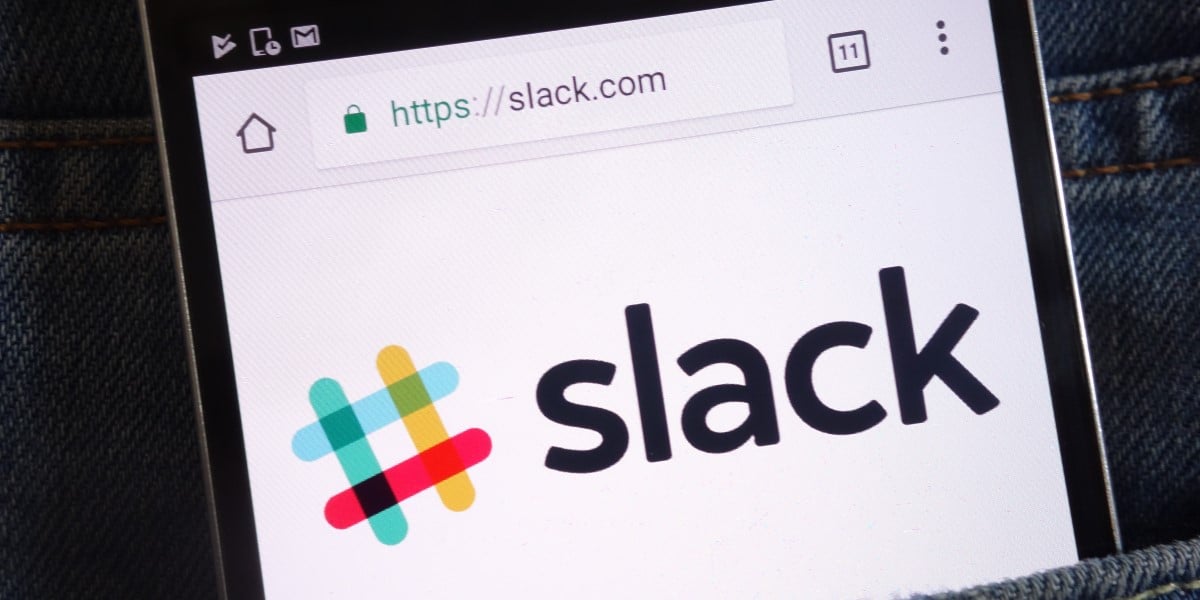Slack Threatened to Delete Nonprofit Coding Club's Data if it Didn’t Pay $50k in a Week
Earlier this week, Mahad Kalam, who helps out at Hack Club, a nonprofit organization that runs coding clubs at high schools, revealed a shocking story about Slack's attempt to strong-arm his group into paying a hefty sum of money. According to Kalam's post, Slack sent a demand for $50,000, payable within a week, and threatened to delete the club's message archive if it did not comply.
It all started when Hack Club was moved from Slack's free nonprofit plan to a $5,000/year arrangement a few years ago. Kalam wrote that they happily paid the reasonable fee at the time, but Slack's latest move was a drastic change. "However, two days ago, Slack reached out to us and said that if we don’t agree to pay an extra $50k this week and $200k a year, they’ll deactivate our Slack workspace and delete all of our message history," Kalam explained.
Kalam argued that while Slack has the right to stop providing the nonprofit offer at any time, a six-month grace period is the bare minimum for such a significant hike. He described the situation as "absurd" and claimed that Salesforce, a $230 billion company, was using strong-arm tactics on a small nonprofit like Hack Club.
Due to Slack's sudden demand, Hack Club had to rush into making a drastic change. They decided to move to a rival open-source platform called Mattermost. The transition was daunting, with dozens of staff and volunteers scrambling to update systems, rebuild integrations, and migrate years of institutional knowledge. Kalam described the opportunity cost of this forced migration as "staggering."
"This experience has taught us that owning your data is incredibly important, and if you’re a small business especially, then I’d advise you move away too," Kalam added in his post. He emphasized that entrusting data with external SaaSes can be risky, and it's essential to prioritize data ownership.
Even after Slack CEO Denise Dresser got in contact with Hack Club and offered to put things right, the organization has rethought its vendor relationships. Kalam stated that this ordeal has made them think more deeply about entrusting data with external SaaSes and ensuring they own their data will be a top priority going forward. He encouraged others to take a similar approach, highlighting the importance of being mindful of data ownership.
"This nightmare scenario taught us that if you value your community and your work, you must prioritize control over your data," Kalam concluded. The story serves as a warning to small businesses and nonprofits about the risks of relying on external SaaSes and the importance of taking steps to protect their data.
